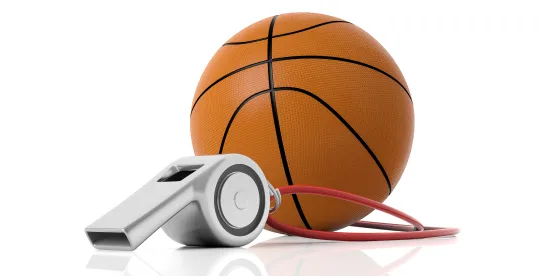Much has been made of the “professionalization” of college athletics, as universities are now able to directly contract with and pay their athletes. With such changes come questions as to whether the traditional amateur college athletic environment, which relies heavily on booster/supporter contributions, will persist moving forward. Many have questioned whether private ownership of college sports teams may be on the horizon, with The Athletic going so far in a recent article as to show its projection of what major college football programs may be worth if sold to private ownership.
Although currently just a thought exercise, universities and their athletic departments should be evaluating their existing legal structure to best position themselves to potentially accept private investment or other non-traditional monetary infusions moving forward if they prove necessary or beneficial. Such steps could involve creating new legal entities or modifying existing legal entities so that institutions are capable of offering and accepting outside investment. Universities could accept direct outside investment through such legal entities, form joint ventures with third parties, or contractually license their names, marks, and other intellectual property. Schools could also spin off or license assets such as stadiums, television contracts, and others of value to investors through newly-created or existing entities. Such entities could cover all sports or could be team specific, with a university potentially offering an equity stake solely in its football program through one entity and then an investment in a combination of other sports through another.
Universities would need to carefully consider the level of influence and rights such third party investors would receive in connection with their investment. Would outside investors operate solely as silent partners with the right to a return on investment or participate to a degree in the management and direction of university athletics? If third party investment in college athletics is ultimately permitted, the form of corporate structures and associated investment possibilities are limitless.
As is apparent, the considerations universities should be evaluating are more akin to a complicated corporate restructuring or high-level M&A deal than to anything normally seen in college athletics. It may be that private investment in, or ownership of college athletic teams, never materializes, at least in a manner that mirrors professional athletics. However, outside investment could be a catalyst to financial sustainability and success for many programs. In the face of these unprecedented costs and questions, universities must make sure they have the vision and partners necessary to navigate whatever the future may hold.
How much would it take to buy your favorite college football program?





 />i
/>i
